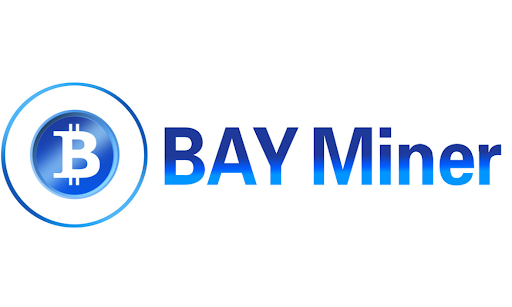Jito Network Moves to Allocate All Protocol Fees to DAO Management

Jito Labs announced Tuesday a proposal to transfer 100% of protocol revenue to the Jito DAO treasury. According to CoinSpot, the current revenue-sharing model splits income equally between the DAO and development team. The new structure would end this arrangement completely.
The proposal covers all fees collected from the Block Assembly Marketplace (BAM) and Jito Block Engine. BAM currently operates in alpha testing with select validators. If approved, the DAO treasury could receive up to $50 million in additional annual revenue. Jito Labs would continue providing technical support but would no longer receive revenue shares.
The company ranks as the second-largest DeFi protocol on Solana with over $3 billion in total value locked. Only Kamino, an automated yield and lending platform, holds more with $4.5 billion TVL according to DefiLlama data.
Why This Matters
This revenue transfer represents one of the largest voluntary fee redistributions in DeFi history. The Defiant reports the change would immediately benefit the DAO from existing fee flows. The protocol expects additional revenue growth as Plugin adoption expands across Solana.
Community members will gain direct control over substantial financial resources. The proposal references JIP-17, which established a Cryptoeconomics subDAO to explore revenue management mechanisms. These may include token buybacks and other value-creation strategies for JTO holders.
BAM technology promises to reshape transaction ordering on Solana. The system gives developers greater control over operation sequencing and privacy. This could enable new financial applications including dark pools and decentralized order books for asset trading.
Industry Implications
The move contrasts sharply with recent DAO governance trends. CoinDesk reports that Jupiter DEX suspended all DAO votes until 2026, citing trust breakdowns and operational inefficiencies. Jupiter executive Kash Dhanda described current governance as a "negative feedback loop" that divides communities.
Jito's approach takes the opposite direction by expanding DAO authority over protocol economics. The proposal demonstrates confidence in decentralized governance models when many protocols question their effectiveness. DL News notes Jito generates approximately $30 million annually, creating substantial opportunity costs when treasury funds remain idle.
Traditional finance institutions continue monitoring DAO treasury management practices. Large-scale revenue transfers to community control could influence regulatory approaches to decentralized organizations. The Solana ecosystem specifically benefits from high-speed, low-cost infrastructure that makes DAO participation more accessible than Ethereum-based alternatives.
Token performance remains mixed despite governance news. JTO declined over 9% in recent trading sessions, reflecting broader market conditions rather than proposal-specific reactions. The token peaked at $6.01 following its late 2023 launch but has dropped 67% from all-time highs.
Further Reading
For those interested in DAO governance structures and treasury management tools, our comprehensive DAO tooling guide provides detailed analysis of over 100 platforms and tools used in decentralized governance. The resource covers voting mechanisms, treasury management systems, and proposal frameworks across multiple blockchain networks.





